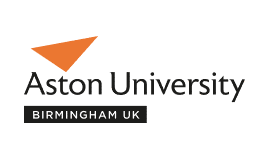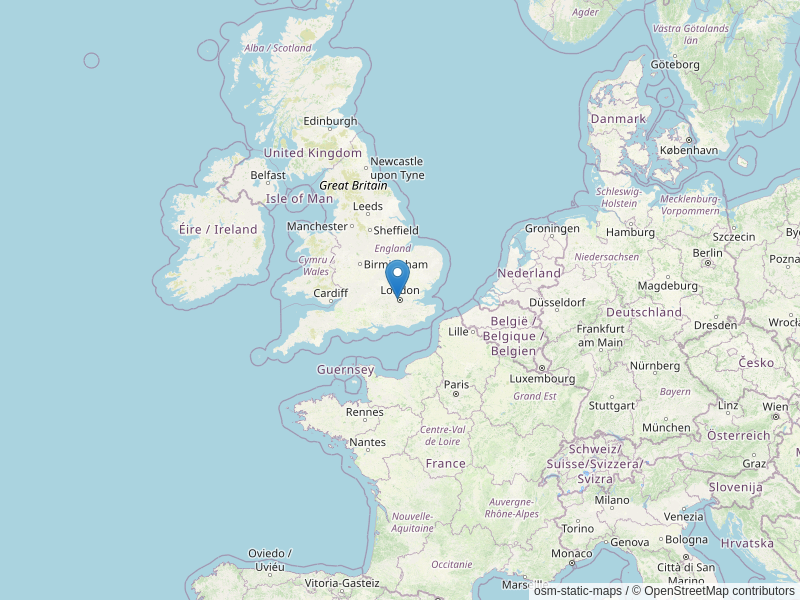Promoting German Studies - projects 2022-2024
Aston University
“Shifting Territorial Politics after the Pandemic in Germany and beyond”
This project provides a view of changed territorial politics in Germany after the pandemic in a comparative context. It explores how – if at all – the pandemic has re-shaped relationships between national and sub-state tiers of government, and the activity of sub-state authorities, in Germany and other European countries.
The project brings together scholars from the UK, Germany (University of Stuttgart), Poland (Willy Brandt Centre for German and European Studies at the University of Wrocław), Italy (University of Padova) and the US (American Institute for Contemporary German Studies, Washington, DC) with experts from Spain as well as a wide network of practitioners. The consortium will share experiences, expertise and data amongst its members and disseminate its findings to the wider academic community as well as the interested public through outreach activities and a series of events both in and outside the UK.
Through this work, the project will offer an assessment of the long-term effects of the pandemic and its management on different multi-level systems and reflect on the “new normal” of territorial relations in Germany, Europe, and beyond after 2022.
By fostering academic and political exchange across borders, the project strengthens existing structures of co-operation in the field of German Studies and consolidates the role of the Aston Centre for Europe as a major hub for the study of German politics and society in the United Kingdom.
contact:
Dr Ed Turner, e.turner@aston.ac.uk
Dr Caroline Gray, c.gray1@aston.ac.uk
Dr Carolyn Rowe, c.s.rowe@aston.ac.uk
Dr Davide Vampa, d.vampa@aston.ac.uk
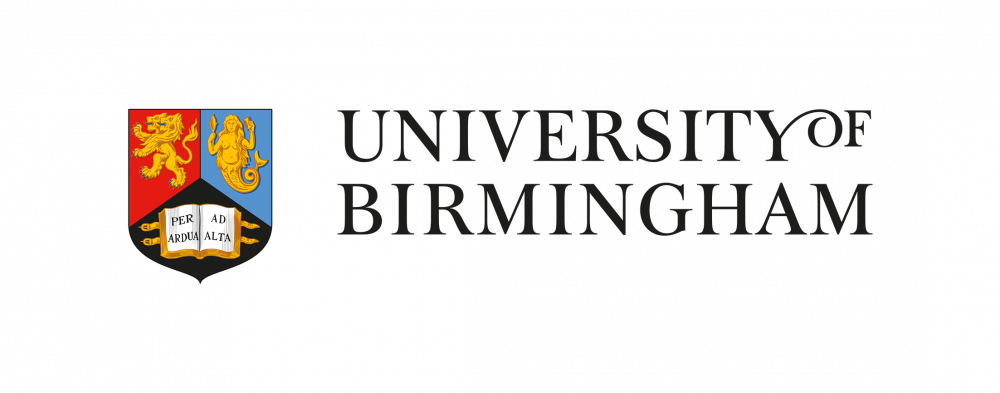
© University of Birmingham
“Teaching German in a Transcultural World”
“Transcultural” stands for approaches in cultural studies where self-reflection of one’s own standpoint is not the goal but the point of departure when encountering ‘the other’, and our project wants to facilitate training of self-reflection for all those who meet up in the classroom, learning and teaching German. The objectives are:
(i) to gain insights into the cultural contexts that shape language teaching and learning,
(ii) to train practitioners/teachers on the basis of these insights and
(iii) to facilitate British-German cooperation and continue conversations after Brexit.
Our project partners are a number of universities in Germany (Koblenz, Heidelberg, Magdeburg, Paderborn) as well as Nottingham University. The events will have a dialogical focus where researchers, practitioners and those who are still studying ML, possibly on the way to becoming teachers, talk to each other rather than being talked to.
Among the activities and outcomes are: a critical handbook for teaching German, a conference, several workshops and a number of scholarships for teachers-to-be from Germany to work with us and with UK-based teachers of German.
Contact: Dr Ruth Whittle, r.whittle@bham.ac.uk
“Futures of German Diasporas”
Contact: Klaus Richter, K.Richter@bham.ac.uk
Dis/Connections: Vernetzung und Digitalität in der deutschsprachigen Gegenwartsliteratur
“Germany in the World: Intersecting Inequalities in Challenging Times”
Contact:
Isabelle Hertner, isabelle.hertner@kcl.ac.uk
Aine McMurtry, aine.mcmurtry@kcl.ac.uk
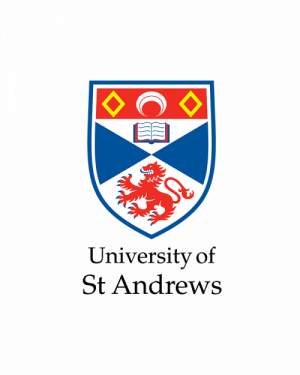
© University of St Andrews
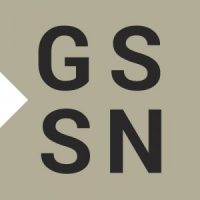
“German Screen Studies Network: Media, Culture, Histories“
This project represents the next phase of the German Screen Studies Network following its move from KCL to St Andrews. Over almost a decade the GSSN has developed a sustainable infrastructure for research and public discussion about German-language film and support for this next phase will allow the network to continue its academic, public engagement and outreach activities. Over the next three years the GSSN will run four main projects:
• Documenting Socialism: New Perspectives on East German Documentary Film (Prof. Seán Allan, University of St Andrews)
An international symposium May 30- June 1, 2022 at the University of St Andrews and an edited volume of essays, forthcoming with Berghahn.
• Labour in Film (Laura Lux, and Georgina Le Breuilly, KCL)
An international conference at King’s College June 2023 and edited volume
• Exploring Fassbinder (Dr Elizabeth Ward, Marie Curie Research Fellow, University of Leipzig)
A training programme for emerging researchers (Undergraduate and Masters level) using archive resources at the Deutsches Film Institut und Museum, Frankfurt am Main
• The Future of German Screen Studies (Dr Dora Osborne, Dr Paul Flaig, University of St Andrews)
An international conference at the University of St Andrews to be held in 2024 and an edited volume.
Contact:
Dr Dora Osborne, do38@st-andrews.ac.uk
Dr Paul Flaig, pf49@st-andrews.ac.uk
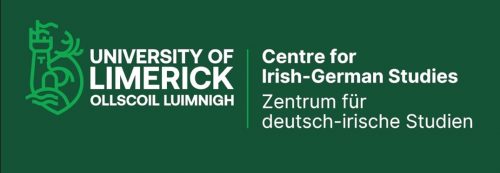
© University of Limerick
“Promoting German Studies in Ireland -Exploring the past, enhancing the current position, and working towards 250 years of German Studies in Ireland”
The project is articulated in three strands. Strand 1 ‘Exploring and learning from the past’ is a book project with contributors from all Irish universities and several Institutes of Technology, resulting in a volume provisionally entitled ‘Contributions to a History of German Studies in Ireland / Beiträge zur Geschichte der irischen Germanistik’ (to be published in 2023). Strand 2 ‘Enhancing German Studies in Ireland today’ will include a needs analysis of German at third level institutions today, link up of online resources, feature seminars and workshops and provide more support for incoming colleagues and postgraduate students. Strand 3 will be a conference in 2024, entitled ‘Working towards 250 years of German Studies in Ireland’.
In sum, this project will significantly contribute to promoting German in Ireland, allowing for reflection on the lessons of the past, increasing collaborative approaches and facilitating engagement with new resources and methods, better preparing the next generation of scholars, and so developing a solid basis for a vision for German Studies in Ireland in the future.
Contact:
Gisela Holfter, gisela.holfter@ul.ie
